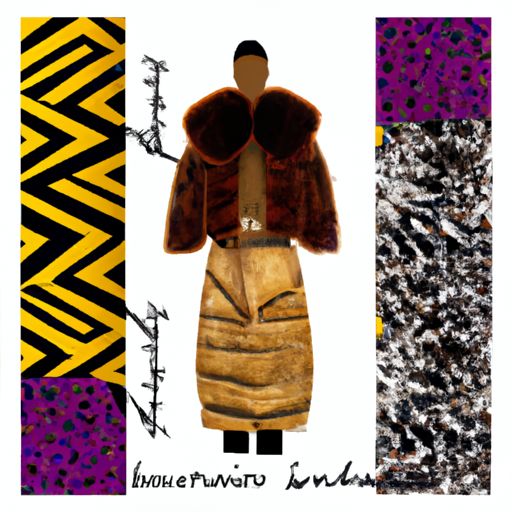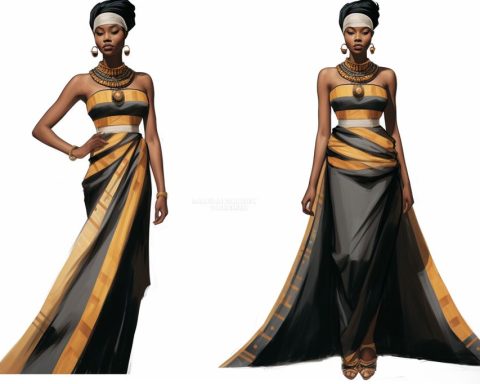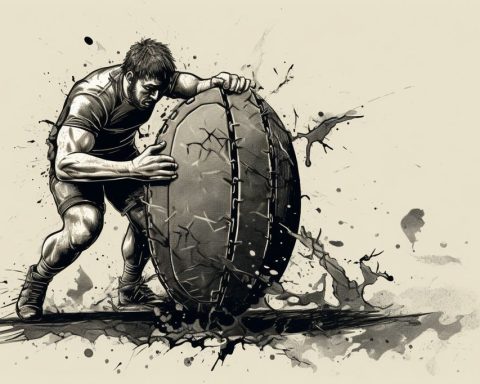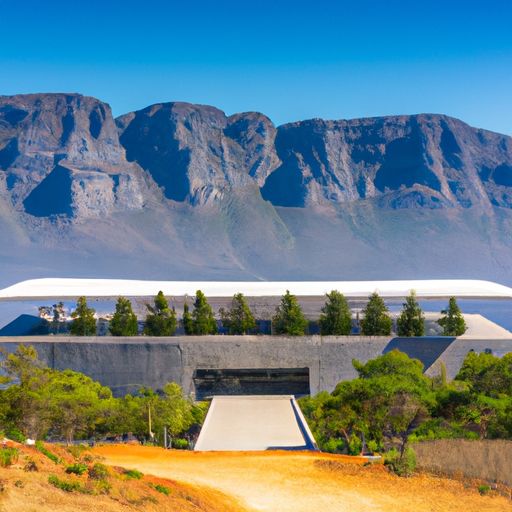Cape Town has emerged as a vibrant hub for designers pushing the boundaries of creativity and innovation. The city is home to a thriving design community that draws inspiration from its diverse cultural heritage, stunning natural landscapes, and dynamic urban environment. As a result, Cape Town has plenty of talented individuals making waves in the industry, from fashion designers to product designers and interior designers to writers. In this article, we will take a closer look at some of the top designers from Cape Town and their contributions to the design world.
Laduma Ngxokolo: The MaXhosa Knitwear Designer
Laduma Ngxokolo is a fashion designer who has gained international recognition for his unique knitwear designs. He founded the MaXhosa brand, incorporating traditional Xhosa beadwork and patterns into contemporary fashion pieces. Ngxokolo’s designs celebrate the rich cultural heritage of his Xhosa roots while also appealing to a global audience. His work has been featured in major publications such as Vogue, The New York Times, and Elle, and he has showcased his designs at prestigious events such as New York Fashion Week and London Fashion Week. Ngxokolo’s commitment to preserving traditional Xhosa textile traditions while creating contemporary designs has made him one of the most influential designers in the industry.
Heath Nash: The Sustainable Product Designer
Heath Nash is a product designer known for his innovative use of recycled and found materials. He creates lighting fixtures, home decor, and other colorful, playful, and sustainable objects. Nash’s designs have gained recognition worldwide for their environmental consciousness and unique aesthetic. In addition to his work as a designer, Nash is committed to promoting sustainable design practices and supporting local artisans. He has collaborated with various organizations in South Africa to train young designers and entrepreneurs. In addition, he has helped to establish a network of artisans who create his designs using traditional craft techniques.
David Tlale, Lukhanyo Mdingi, and Rich Mnisi: The Fashion Designers
David Tlale, Lukhanyo Mdingi, and Rich Mnisi are three of the most influential fashion designers from Cape Town. Each designer has a unique style and approach to fashion design, but all are committed to pushing the boundaries of creativity and innovation. David Tlale is known for his bold and architectural designs, Lukhanyo Mdingi for his minimalist and understated pieces, and Rich Mnisi for his fusion of traditional and contemporary aesthetics. Each designer has showcased their work at major fashion events worldwide, including New York Fashion Week, Paris Fashion Week, and Mercedes-Benz Fashion Week Africa. They are also committed to promoting social change and activism through their work.
Cape Town’s rich creative culture and dynamic urban environment have made it a hub for designers redefining the industry. From Laduma Ngxokolo’s celebration of Xhosa textile traditions to Heath Nash’s commitment to sustainability, Cape Town’s designers are a testament to the city’s unique blend of tradition and innovation. David Tlale, Lukhanyo Mdingi, and Rich Mnisi are just a few talented individuals shaping the future of design in Cape Town and beyond. As the city continues to evolve and grow, it will undoubtedly inspire future designers.












